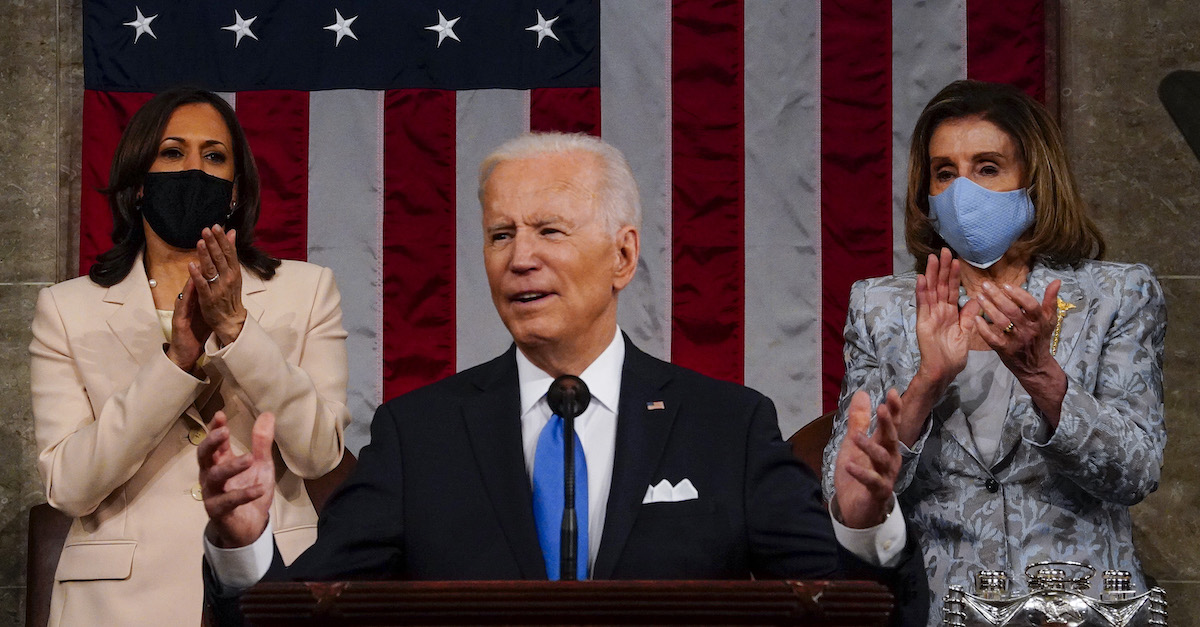
Attorneys from the Department of Justice declared that the government plans to defend the “Religious Exemption” to a federal anti-discrimination law that allows private religious schools and universities that receive federal funding to discriminate against LGBTQ students.
The filing, submitted Tuesday in the U.S. District Court in Oregon, stems from a class action lawsuit brought in March by 33 current and former students which claimed that the religious exemption to Title IX of the Education Amendments of 1972 was unconstitutional. Title IX outlaws sex-based discrimination in educational institutes that accept federal assistance except where the institution “is controlled by a religious organization” and the application of the anti-discrimination provision “would not be consistent with the religious tenets of such organization.”
According to the lawsuit, the exemption provision cannot stand because “laws that target a socially despised group for legal disfavor violate the Equal Protection of the laws guaranteed by the Fifth and Fourteenth Amendments.” The students are represented in the matter by the Religious Exemption Accountability Project (REAP), an advocacy group dedicated to LGBTQ rights.
Before the government filed a response to the lawsuit, however, several religious organizations sought to step in and displace the DOJ to advocate for the religious exemption.
Fearing that the Biden administration would not “vigorously defend” the provision, three Christian universities—Western Baptist University, William Jessup University, and Phoenix Seminary—and the Council for Christian Colleges & Universities (CCCU) sought to intervene and defend the validity of the statutory provision. The religious entities specifically cited to statements and actions taken by the Biden administration to protect the LGBTQ community such as the March memo from the DOJ’s Civil Rights Division declaring that “[a]ll persons should receive equal treatment under the law, no matter their gender identity or sexual orientation.”
But in Tuesday’s 12-page motion, the DOJ led by Biden-appointed Attorney General Merrick Garland asked the court to deny the request to intervene, arguing that none of the potential intervenors made a “compelling showing” that the federal government would not adequately defend the law, as is required for mandatory intervention under Rule 24(a)(2) of the Federal Rules of Civil Procedure.
According to the motion, both the DOJ and prospective intervenors “share the same ultimate objective, namely, to uphold the Religious Exemption as it is currently applied.”
“[N]either the Administration’s stated policy positions nor the Department’s review of existing regulations abrogate the government’s duty to defend federal statutes and regulations in court as a legal matter,” the motion stated. “At present, the Proposed Intervenors can only speculate that the Federal Defendants will back away from a full defense of the Religious Exemption and its challenged application and such speculation is too attenuated to constitute a ‘compelling showing’ overcoming the presumption that the Department of Justice, which is responsible for defending federal statutes in court, will adequately defend against the legal challenges the Religious Exemption and its application.”
The motion also stated that the Department of Education was undertaking a “comprehensive review” of Title IX, the Religious Exemption, and the administration’s stated policy of “guaranteeing an educational environment free from discrimination on the basis of sex.”
Attorney Paul Southwick, the director of REAP, said the organization was disappointed that the Biden administration had “chosen to align itself with anti-LGBTQ extremist groups.”
“The administration did not need to defend this unconstitutional religious exemption,” Southwick said. “The 40 plaintiffs who have joined REAP’s lawsuit feel that the administration is letting them down on its promises to protect LGBTQ+ students, while directing taxpayer funds to colleges and universities that actively discriminate against LGBTQ+ people.”
Read the full motion below.
[image via Melina Mara/The Washington Post via Getty]
Have a tip we should know? [email protected]